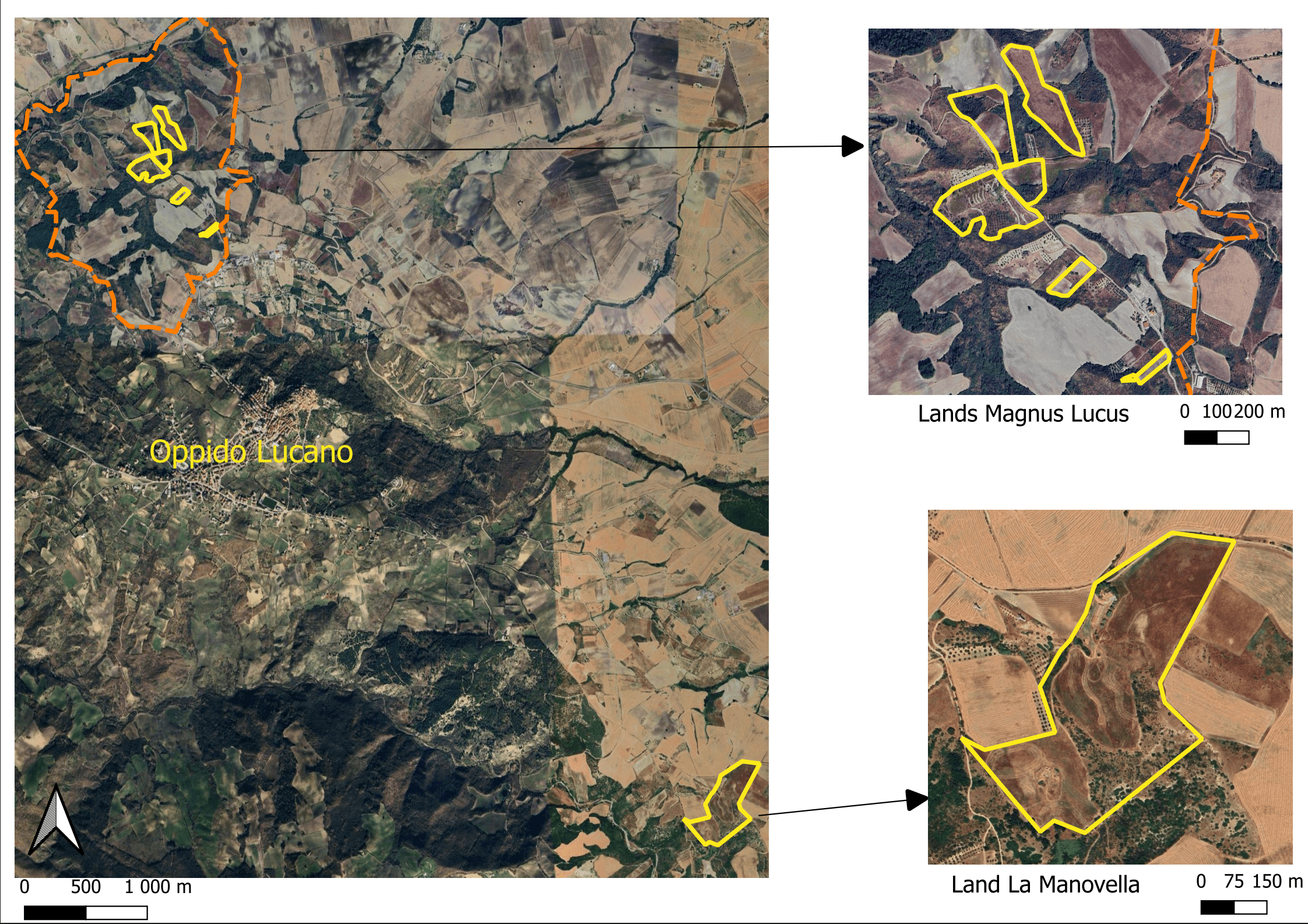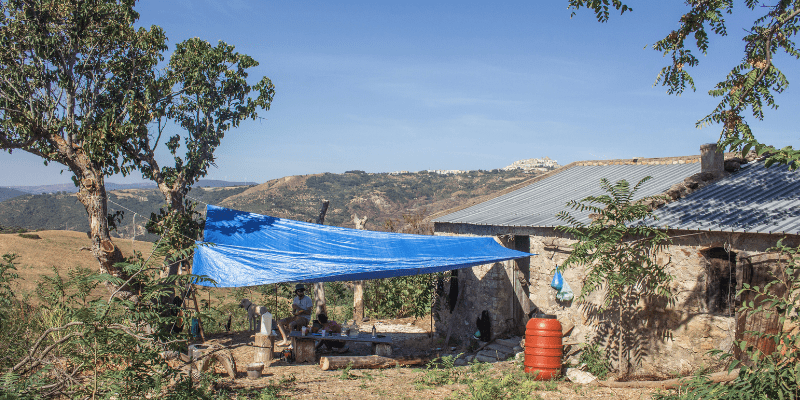Magnus Lucus: Restoring ecosystems, strengthening connections, generating quality of life.
Magnus Lucus is a strategic project for environmental and social regeneration, aiming to restore natural ecosystems and strengthen rural communities. Through actions like reforestation with native species, biodiversity protection, and the promotion of community networks, the project seeks to create sustainable territories where nature, ancestral knowledge, and innovation coexist in harmony — generating ecological, social, and economic wellbeing. Reforestation: we are people who believe that every gesture can bring life back.

The 5 Dimensions of the Project
Ecology
We restore damaged ecosystems through reforestation with native species, sustainable water management, and biodiversity protection. Every intervention is a step toward ecological balance.
Thriving and Connected Communities
We build strong, inclusive local networks where communities become active agents of change, rediscovering a sense of belonging, collaboration, and resilience.
Knowledge and Education
We combine ancestral wisdom and modern science to create educational and training pathways. We spread awareness and skills to nurture a culture of regeneration.
Social Innovation
We experiment with grassroots models of sustainable development based on inclusion, participatory governance, and local solutions that meet the real needs of the land.
Regenerative Economy
We promote a local economy based on respect for nature, the enhancement of available resources, and the creation of new opportunities for sustainable employment.
Our project step by step
Our journey unfolds in four phases: preparation, expansion, consolidation, and self-sufficiency — spanning from 2019 to 2050. Each phase marks a natural evolution of the project, built on experience, participation, and a long-term vision.
Preparation Phase (2019–2022)
In this initial phase, we launched an experimental project on 4 hectares of land provided by a landowner in Matera. We focused on water management by restoring a small water catchment basin, reforesting 3 hectares with native species, creating a 1-hectare multifunctional agroforestry system, and organizing tree planting events and training courses.
Expansion (2023–2025)
During this phase, we expanded our intervention areas with new land in Oppido Lucano, the current home of Magnus Lucus. We began ecological restoration in fire-damaged zones, built a well, established a natural nursery, and promoted workshops and courses to strengthen community participation. Sustainable water management solutions were also introduced.
Consolidation (2025–2030)
In this phase, we will build a research and training center as a hub for ecological and agronomic regeneration. We will plant new tree species, create a 30-hectare carbon sink, and develop a green corridor to support biodiversity. Water resources will be managed intelligently and sustainably, involving communities, universities, and scientific partners in education, monitoring, and knowledge exchange.
Self-Sufficiency (2030–2050)
The goal of this phase is to achieve full ecological, social, and economic self-sustainability. The area will become a resilient model, replicable elsewhere, capable of inspiring large-scale regeneration efforts. We aim to create a “Green Wall” covering thousands of hectares, with active involvement from communities, institutions, and international networks. The project will continue to evolve through constant monitoring and exchanges of experiences, knowledge, and collaboration.
Explore Our Lands and Initiatives
Magnus Lucus today spans a total of 33 hectares::
8 hectares owned by the association
25 hectares generously offered by local farmers
These lands are the beating heart del nostro progetto: qui ripristiniamo la biodiversità, rigeneriamo il suolo, coltiviamo nuove foreste e costruiamo regenerate the soil, and build resilient communities..
Thanks to the collaboration withUniversity of Bari, l’and ENEA and local farmers, we create concrete solutions against desertification and biodiversity loss.
We regenerate ecosystems to build environmental, social, , and economic sustainability.
Through concrete and targeted actions, Magnus Lucus works every day to restore degraded ecosystems and promote a form of environmental sustainability that is authentic, inclusive, and lasting.
Our vision is to rebuild resilient territories,where nature, communities, and knowledge intertwine to generate ecological, social, and economic wellbeing.Through locally rooted actions, we restore biodiversity, care for the landscape, and strengthen the bond between people and nature.
Driven by a mission of environmental regeneration and social inclusion,we adopt sustainable, replicable practices — actively involving local communities, institutions, and international partners. Our commitment is to contribute to real, measurable change,laying the foundations today for a healthier, more vibrant future for generations to come.

Water Resource Management

Composting and Soil

Biodiversity Protection and Native Species Enhancement

A living lab in the heart of Basilicata
In Oppido Lucano, a center is emerging, dedicated to ecological restoration and regenerative education. A space to experiment, learn, welcome, and build community. A center that cultivates the future.
